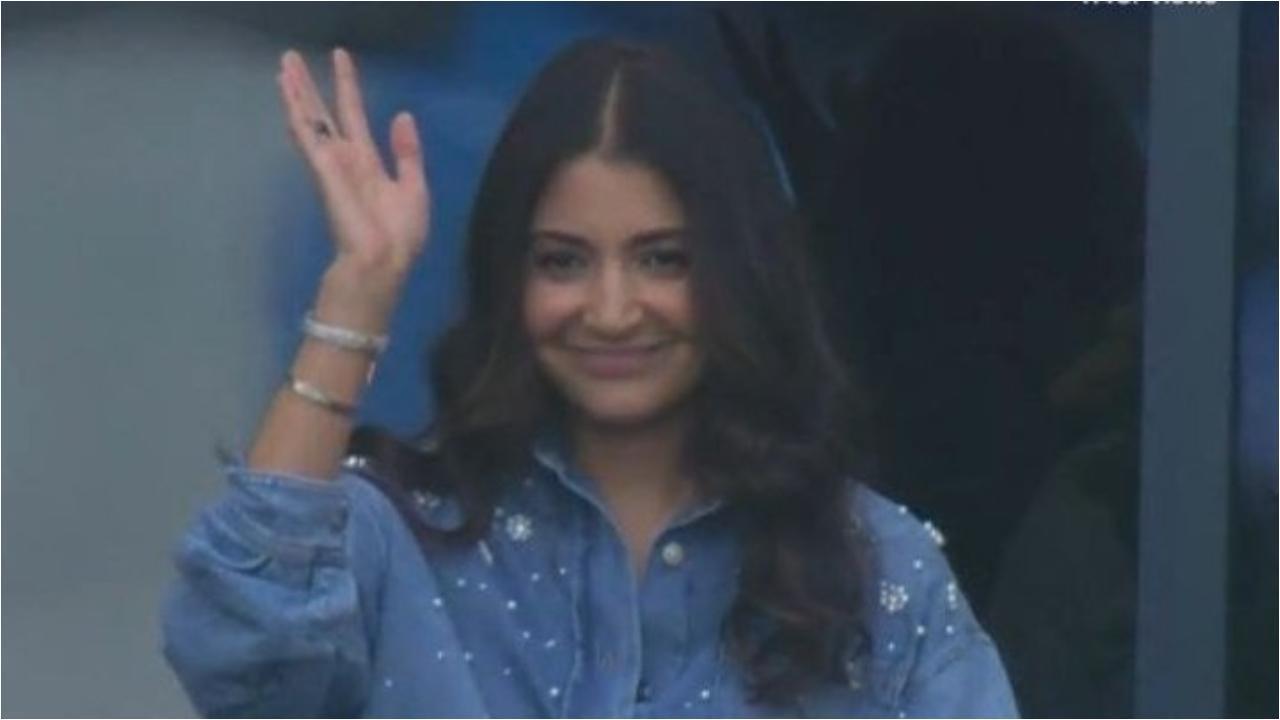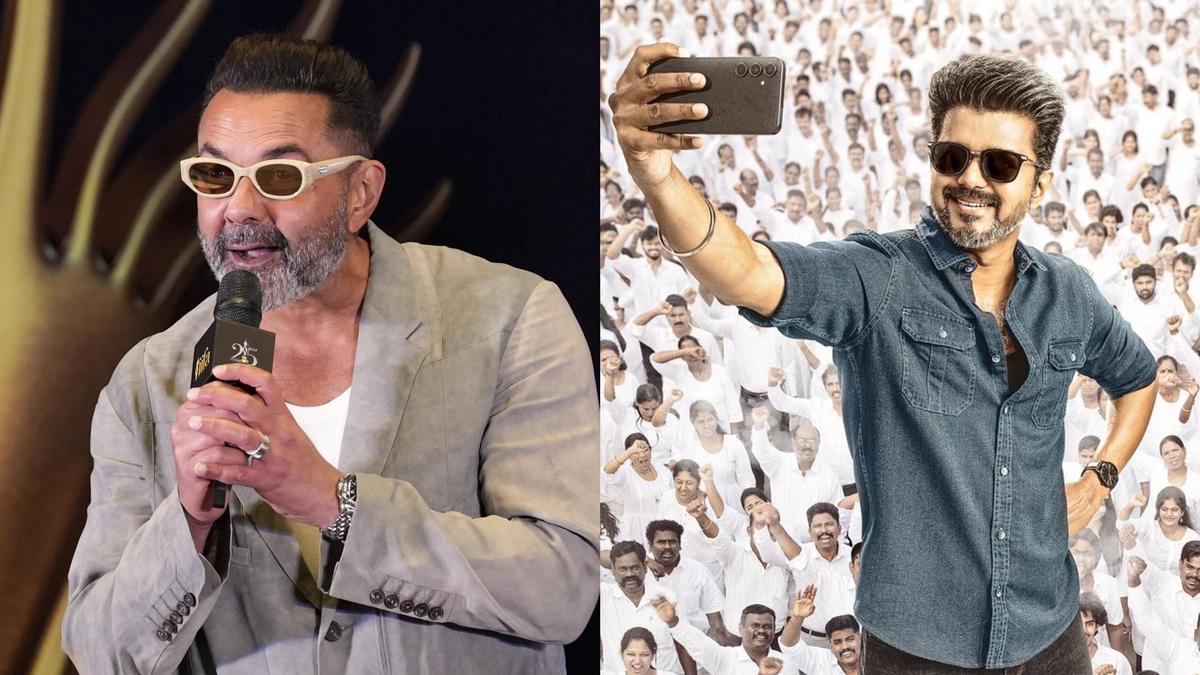
In a candid revelation about her co-parenting journey with Bollywood superstar Aamir Khan, filmmaker Kiran Rao has opened up about the dynamics of sharing parenting responsibilities for their son, Azad. Since their separation in 2021, Rao and Khan have worked to create a balanced co-parenting routine which, according to Rao, has significantly improved over the years. Despite Khan’s evident love for Azad, he remains distant concerning anything that relates to the school domain, a choice that, as Rao suggests, aligns with a common trend among fathers.
During her appearance on Kareena Kapoor’s chat show, What Women Want, Kiran Rao offered insights into her experiences of co-parenting Azad with Aamir Khan. She characterized the process as initially challenging due to Khan’s demanding professional life, but she noted a commendable shift that has since made their arrangement smoother. Kiran described Aamir as a “very busy father,” acknowledging that even during their marriage, the primary parenting had largely fallen upon her shoulders.
“Honestly, even when we were married, I was doing a lot of the actual primary parenting,” Kiran shared during the show. “Once we separated and then divorced, Aamir recognized the amount of effort he needed to put into this new phase. When you live together, somehow everything gets managed, but separation demands a more conscious effort to create time for Azad.”
This heightened awareness has yielded positive changes as Kiran remarks that their co-parenting has now reached a “much smoother” phase. While they currently reside close to each other—one living upstairs and the other downstairs—Kiran assures that even future geographical separation won’t detract from Aamir’s involvement in Azad’s life. According to her, the time Azad spends with his father has become more enjoyable and substantial, owing to his growing age and the evolving relationship with Aamir.
Notably, Rao humorously highlighted an area where Aamir remains detached—school-related activities.
. “Only Aamir knows nothing about school,” Kiran admitted, touching on a shared struggle she perceives among many fathers. She suggested that fathers often shy away from diving into the educational aspects of child-rearing, preferring to engage in other areas of parenting. “They are always like, ‘Don’t get us involved in school-related activities, we will take up other things’,” she said, laughingly expressing the familiar exasperation.
In addition to her personal life, Kiran Rao is also gaining attention for her professional achievements. She recently visited the London School of Economics (LSE) for a special dialogue centered on her film ‘Laapataa Ladies.’ This film, which has been selected as India’s official entry for the Oscars, underscores Kiran’s commitment to expanding the narrative landscape of Indian cinema. Her conversation at LSE explored the interface of media, culture, and societal change, co-facilitated by professor Shakuntala Banaji and Sanam Arora, who chairs the National Indian Students and Alumni Union UK (NISAU).
Kiran Rao’s narrative, both personal and professional, is emblematic of resilience and transformation. As she continues to balance parenting Azad alongside Aamir Khan and pushing cinematic boundaries, her story offers a reflective glimpse into the complexities of modern parenting and cultural innovation. Her experiences underscore the importance of evolving relational dynamics post-separation, encouraging open communication and flexibility for the well-being of the child involved.
For Kiran and Aamir, co-parenting is not just a shared responsibility but an evolving partnership that adapts with time. As Azad grows, so too does the nature of the love and support shared between his parents, presenting a hopeful narrative of harmony and cooperation. This journey, while intricate and sometimes imperfect, reflects a broader reality faced by many families navigating shared parenting around the world.










